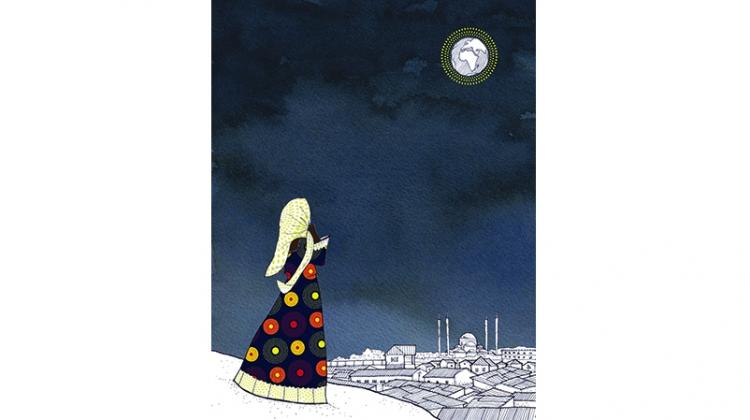Negotiating Uncertainty in an Accra Zongo

Negotiating Uncertainty in an Accra Zongo
"Remember Your Grave:" Negotiating Uncertainty in an Accra Zongo
“We are all strangers here. The zongo is not like those other places outside. It is like a door to the country – a place where you see yourself and all other countries there. It is a place on your way somewhere else.” This statement from one of my interlocutors in Nima, a zongo (Hausa settlement) in the midst of urban Accra, Ghana, raises fascinating questions about how zongo inhabitants live in tension with other people, objects, spirits, and values that, as another resident explained “just don’t go together. Like rice and stones, we are all mixed up.” My long-term research project has followed the comings-and-goings (zirga-zirga) that texture everyday life in the expansive network of zongos stretching across West Africa. More than other parts of West Africa, Ghana (formerly the Gold Coast) has a deep history of regulating movements in and across these zongos, as it fashioned a Christian, civilized nation set against the so-called backwards Muslim Other inhabiting these spaces. Against and through these conditions, comings-and-goings in Ghanaian zongos are riddled with uncertainties, such as economic vulnerability, a strong sense of distrust, and little reliance on law enforcement. Yet they are also lined with hope, opportunity, and dreams of elsewhere. How, then, does one make sense of the contradictory nature of a lived reality defined by these comings and goings? What might life-ways steeped in multiplicity teach us about an ethics of living with others that relies less on singular, abstract principles than it does on pivoting to gain another perspective?
To answer these questions, I draw on my extended ethnographic fieldwork in Nima – arguably the largest and most diverse zongo in Ghana – where these dynamics take their most crystalline form. Nima residents regularly voice moral injunctions to each other, such as "sweep your path," cover your secrets," or "protect your road." These phrases are called “karin magana” (literally “folded speech”) in Hausa, and they encode insights into how Nima residents try on multiple ideas, languages, gestures, and activities to re-think their relationships to other people and places. My presentation focuses on one of these “folded” phrases - “remember your grave” - in order to investigate how people in Nima contend with the co-presence of two worlds: a material world that we can feel and touch and a spiritual world of death and the afterlife that lies ahead and outside it. Through speech performances, experiences at a funeral, social media, and wall art moored to the materiality of the grave, I explore how "Folded Speech" works to help individuals “on the move” create a life straddling these material and spiritual worlds.
Emily Anne Williamson
PhD Candidate, Boston University
Emily Anne Williamson is a PhD candidate in anthropology at Boston University. Her current research focuses on questions of contradiction, materiality, and moral experience among “zongos,” the name used to describe predominantly Muslim urban settlements in Ghana, West Africa. Emily holds a Master of Science in Architectural Studies from the Massachusetts Institute of Technology (MIT), a Master of Architecture degree from the University of Virginia (UVA), and an undergraduate degree in Art History from Colby College. Emily has also worked as an architect in Washington, DC, collaborated on cultural heritage projects in Ghana, Peru, and Haiti, has taught at Landscape Architecture at the Rhode Island School of Design, and is a co-founder of the nonprofit organization called the "Zongo Story Project" (www.zongostoryproject.com) in which she works with students in Ghana to write, illustrate, and tell stories that are meaningful to them. In 2016, their book, “Gizo-Gizo: A Tale from the Zongo Lagoon,” won the African Studies Association’s Africana Book Award for best children’s book.


